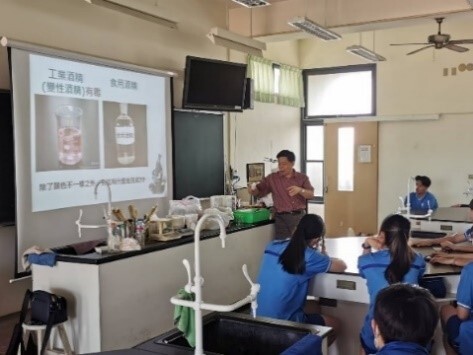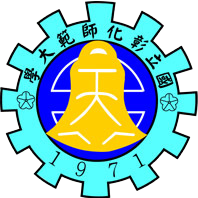SDG1.3.1 Bottom financial quintile admission target Year: 2020
To eliminate all forms of poverty, ensure the rights and interests of the poor and disadvantaged groups to be educated, and implement social protection measures, NCUE takes the following measures to assist domestic low-income students or other students who meet stricter standards:
1. NCUE has implemented the Higher Education Sprout Project and the Sparing Eagle Project (aid for economically disadvantaged students) to help disadvantaged students receive a university education.
With the momentum of the Higher Education Sprout Project, NCUE encourages its departments to actively provide enrolment quotas for disadvantaged students, waives their registration fees, provides transportation and accommodation subsidies for ‘individual applicants’, and holds seminars at high schools and vocational high schools. In 2021, NCUE started offering micro-course activities for Regional Senior High Schools and Vocational High Schools to attract more students from families in Taiwan’s lowest 20% income group to study in NCUE. As of the end of July 2021, there were 1,226 students that income group studying at NCUE, accounting for 17.4% of all students.

Demonstration of exploratory experiments at Erhlin High School.
2. NCUE has introduced tuition subsidies for disadvantaged students and a better enrolling and learning mechanism to increase social mobility. In 2020, NCUE admitted 61 disadvantaged students, accounting for 42.4% of all applicants.
In addition, to encourage economically disadvantaged students (children from low-income households, low- and medium-income households, and families in hardship) to study hard and increase their chances of entering national universities, NCUE introduced a series of refined enrolling, learning, and guidance mechanisms enabling students to realise their potential at NCUE. NCUE can successfully admit more economically disadvantaged students year by year.
To increase disadvantaged students’ chances of entering NCUE and effectively promote social mobility, NCUE’s lowers the General Scholastic Ability Test screening criteria, waives registration fees, and cancels interviews (only a paper application is required) for ‘individual applicants’. NCUE values the students’ learning motivations and their learning and growth endeavours and seeks to prevent their economically disadvantaged backgrounds from becoming obstacles to their applications. Since the beginning of the 2018 academic year, NCUE has taken supportive measures for the disadvantaged in the second stage of the admission tests for ‘individual applicants’, giving admissions priority to the children of low-income households, low- and medium-income households, and families in hardship and relaxing the admission criteria for the second stage. In other words, the departments give disadvantaged students who enter the second stage of NCUE’s admission tests priority admission even if they do not meet the admission criteria. The test fees are waived for ‘individual applicants’ from low-income households, low- and medium-income households, and families in hardship who apply to study in general departments and have signed up for the second stage of the admission tests of designated items. NCUE also offers subsidies to cover their round-trip transportation and accommodation. In 2020, different departments at NCUE provided 98 admission enrolment quotas to economically disadvantaged individual applicants (children of low-income households, low- and medium-income households, and families in hardship). In 2020, 144 students applied, and 61 students were admitted to NCUE. See Annex 1.3.1A for the relevant admission measures and results.

